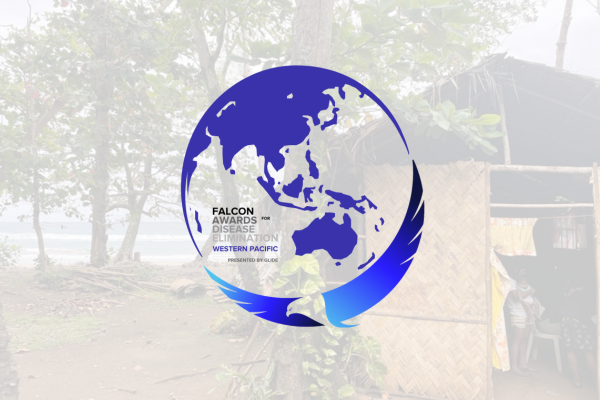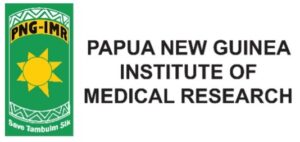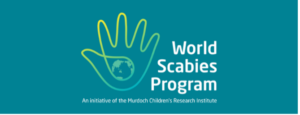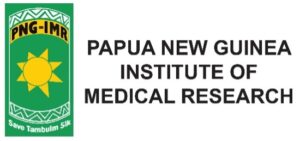09 July 2024 – GLIDE’s Falcon Awards 2024: Catalyzing Disease Elimination in the Western Pacific

Following the launch of GLIDE’s third iteration of the Falcon Awards for Disease Elimination with a focus on accelerating the disease elimination efforts in the Western Pacific in March 2024, GLIDE has awarded five formative research projects and one advocacy initiative with the potential to make a significant impact on disease elimination in the region.
Community education in urban and rural settings: a pilot project – Kiribati
This advocacy initiative aims to educate, link, and influence positive health initiatives among community groups, leaders, and members from a rural and urban village towards communicable diseases (TB, viral hepatitis, leprosy, scabies, HIV, and syphilis) of national interest.
Lead: Dr Thomas Russell, Master of Medical Training, Senior Internal Medicine Registrar and Dr Alfred Tonganibeia, Deputy Director of Hospital Services, Tungaru Central Hospital, Ministry of Health & Medical Services, Tarawa, Kiribati

__________________________________________________________________
Using malaria data for lymphatic filariasis geostatistical modelling – Papua New Guinea
This formative research project aims to investigate whether malaria prevalence and intervention data can improve the ability of geostatistical models to predict lymphatic filariasis infections in Papua New Guinea.
Lead: Dr Simon Westby, Principal Research Fellow and Deputy Director, Papua New Guinea Institute of Medical Research (PNGIMR)

__________________________________________________________________
Impact of mass drug administration on skin neglected tropical diseases – Papua New Guinea
This formative research project aims to investigate the impact of a four-drug Mass Drug Administration (MDA) on the prevalence of skin disease and the perception of well-being of participants and explore what factors affect the acceptability of MDA efforts in the West New Britain Province in Papua New Guinea.
Lead: Dr Joseph Nale, Director of Public Services, West New Britain Provincial Health Authority, Kimbe, West New Britain Province, Papua New Guinea

__________________________________________________________________
Integrated strategies for disease surveillance in the Pacific Islands – Niue
This formative research project aims to investigate the prevalence of Lymphatic filariasis, and other eliminated, near-eliminated and priority neglected tropical, vaccine-preventable and vector-borne diseases in Niue In addition, it will attempt to define what factors support the efficient, effective and sustainable implementation of integrated infectious disease surveillance in Pacific Island settings, as well as determine the costs of implementing integrated surveillance compared to disease-specific approaches.
Lead: Dr Adam Craig, Senior Research Fellow, Operational Research and Decision Support for Infection Diseases (ODeSI) Program, The University of Queensland, Brisbane, Australia

__________________________________________________________________
Evaluation of social and economic outcomes of Scabies Mass Drug Administration – Solomon Islands
This formative research project aims to address the social factors that impact scabies MDA delivery and coverage in urban and rural settings in Solomon Islands including the cost-effectiveness of scabies MDA and the cost drivers and potential cost-saving measures in urban and rural settings.
Lead: Professor Andrew Steer, Director, World Scabies Program, Murdoch Children’s Research Institute, Melbourne, Australia

__________________________________________________________________
Impact of climate change on vector-borne disease control – Papua New Guinea
This formative research project aims to explore if climate change is causing VBD vectors to expand into high-altitude areas previously not conducive to transmission. In addition, it will investigate whether the rapid expansion of oil palm plantations in PNG changed vector ecology and pathogen transmission potential.
Lead: Dr John Keven, Postdoctoral Scientist at the Vector-Borne Disease Unit, The Papua New Guinea Institute of Medical Research (PNGIMR), Papua New Guinea

__________________________________________________________________
The Falcon Awards for Disease Elimination is an awards scheme that aims to help partners go further and faster towards their disease elimination goals. In 2021, GLIDE launched its first iteration of the Falcon Awards where four applicants received funds to deliver projects to advance the elimination of GLIDE’s four focus diseases (malaria, polio, onchocerciasis, and lymphatic filariasis) in endemic countries. In 2023 GLIDE launched a second iteration of the Falcon Awards – The Climate Edit focusing on supporting formative research to expand the evidence base on the intersection of climate change and infectious diseases. Nine winners were selected, and the findings of their 6-month research projects were showcased in December 2023. This year, GLIDE’s third iteration of the Falcon Awards is focusing on accelerating disease elimination in the Western Pacific Region.